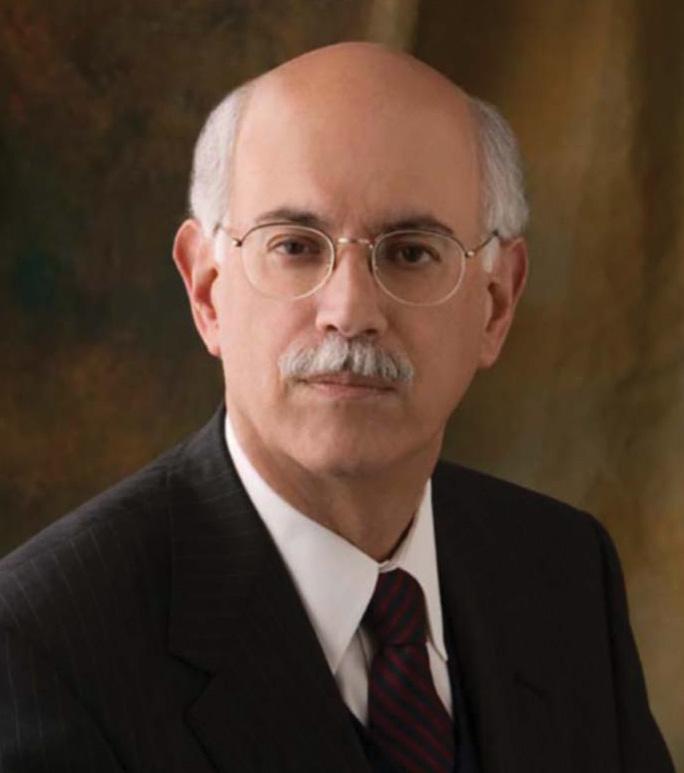
1 minute read
Authors
from Global Leadership at a Crossroads: Are we Prepared for the Next Pandemic? SECOND EDITION
by Texas A&M School of Veterinary Medicine & Biomedical Sciences
Christine Crudo Blackburn, PhD Dr. Blackburn is a postdoctoral research fellow with the Scowcroft Institute of International Affairs in the Bush School of Government & Public Service at Texas A&M University. In this role she conducts research on issues related to pandemics and teaches courses on infectious diseases in the developing world, the social and political impacts of pandemics, and bioterrorism. Prior to her position at the Scowcroft Institute she worked as a postdoctoral researcher in the Field Disease Investigation Unit in the College of Veterinary Medicine at Washington State University. Dr. Blackburn received her PhD in 2015 from Washington State University as part of the Individual Interdisciplinary Doctoral Program, a degree program that requires three major fields of study. Dr. Blackburn’s doctoral fields were Political Science, Communication, and Veterinary Clinical Sciences.

Advertisement
Andrew S. Natsios Andrew S. Natsios is an executive professor at the Bush School and director of the Scowcroft Institute of International Affairs. Natsios was most recently a Distinguished Professor in the Practice of Diplomacy at the Walsh School of Foreign Service at Georgetown University and former administrator of the US Agency for International Development (USAID). As USAID administrator from 2001-2006, Natsios managed reconstruction programs in Afghanistan, Iraq, and Sudan. He also served as US special envoy to Sudan in 2006-2007. Retired from the US Army Reserves at the rank of lieutenant colonel after twenty-three years, Natsios is a veteran of the Gulf War. From 1993 to 1998, he was vice president of World Vision US, the largest faith-based nongovernmental organization in the world, with programs in 103 countries. Earlier in his career, Natsios served in the Massachusetts House of Representatives for twelve years and as the chief financial and administrative officer of the Commonwealth of Massachusetts. He also served as the CEO of Boston’s Big Dig, the largest construction project in American history, after a cost overrun scandal.










